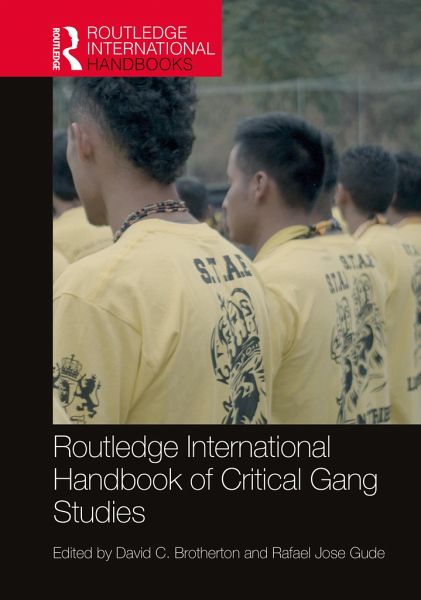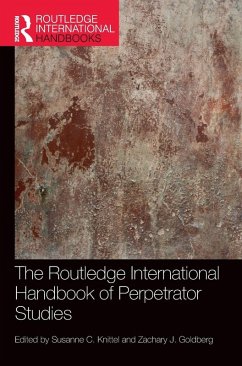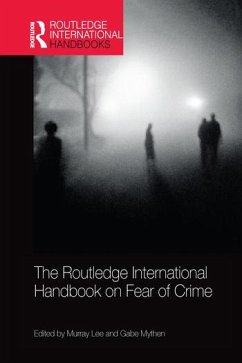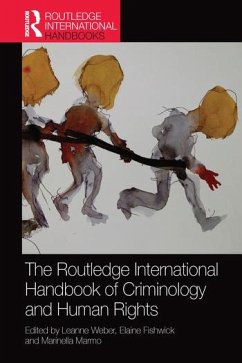
Routledge International Handbook of Critical Gang Studies

PAYBACK Punkte
131 °P sammeln!
Authoritative, multi-displinery and international, this handbook defines the new theoretical and empirical traditions of Critical Gang Studies, taking into account the gang as a socio-cultural formation, its various forms and stages of development, the role of race and political economy, and the contradictory impact of repressive policies.













